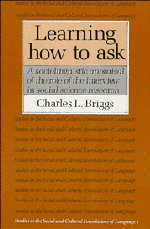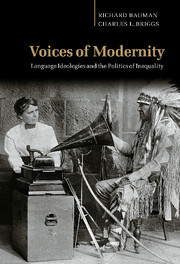Herder shook the linguistic foundations of the modernist project laid out by Locke. Herder sought to undermine the purifying practices that Locke had used to construct language as an autonomous domain, to sever its links to society and tradition. For Herder, not only was language intrinsically social, but linguistic differences and commonalities provided the prime means of defining families, communities, regions, and nations. While a purified language formed, for Locke, an obligatory passage point along the road to modernity, Herder saw modernity as a threat to language, potentially depriving it of social, political, and affective force. While Locke saw tradition, which he deemed to be extraneous to language, as a key source of social servitude, error, epistemological uncertainty, and, ultimately, conflict, Herder regarded it as the source of social order and political strength. At the same time that Locke's program for language was based on a universalistic rationality, Herder sought to reprovincialize language, asking it to give up cosmopolitan claims to universality, to transcend indexical claims to identities, communities, places, and times.
Even in the heyday of romantic nationalism, however, Locke's linguistic modernity did not simply go away. Herder thus presented modern subjects with something of a dilemma. As for Locke, language provided him with a key means of defining modernity. And language ideologies and practices played a crucial role in the very different modernity that Herder sought to construct, one that peopled territories with national citizens and the globe with nation-states, as Benedict Anderson (1991) suggests.

